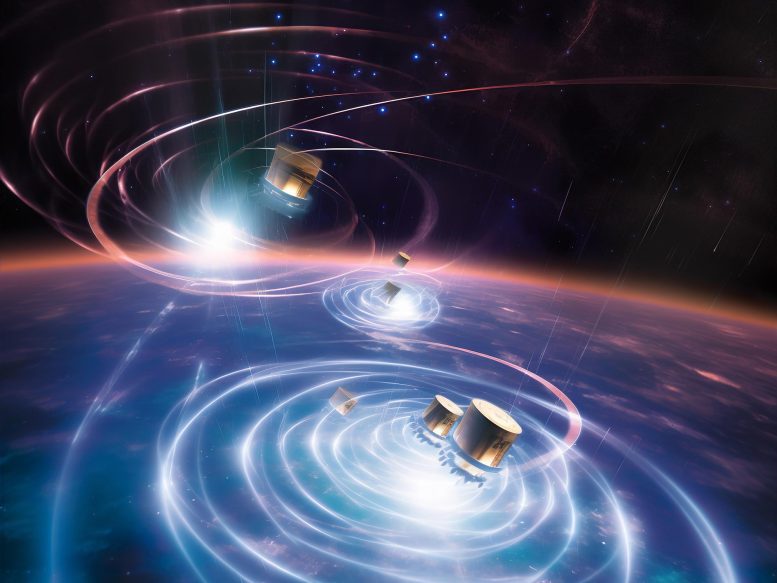
New research provides preliminary evidence supporting a quantum gravity model which suggests that the speed of ultrarelativistic particles reduces with increased energy. The study used data from the Fermi telescope and the IceCube Neutrino Observatory to validate the theory. The findings mark a significant advancement in the field of quantum gravity.
Researchers have reached a significant milestone in the field of quantum gravity research, finding preliminary statistical support for quantum gravity.
In a study published in Nature Astronomy on June 12, a team of researchers from the University of Naples “Federico II,” the University of Wroclaw, and the University of Bergen examined a quantum-gravity model of particle propagation in which the speed of ultrarelativistic particles decreases with rising energy. This effect is expected to be extremely small, proportional to the ratio between particle energy and the Planck scale, but when observing very distant astrophysical sources, it can accumulate to observable levels. The investigation used gamma-ray bursts observed by the Fermi telescope and ultra-high-energy neutrinos detected by the IceCube Neutrino Observatory, testing the hypothesis that some neutrinos and some gamma-ray bursts might have a common origin but are observed at different times as a result of the energy-dependent reduction in speed.
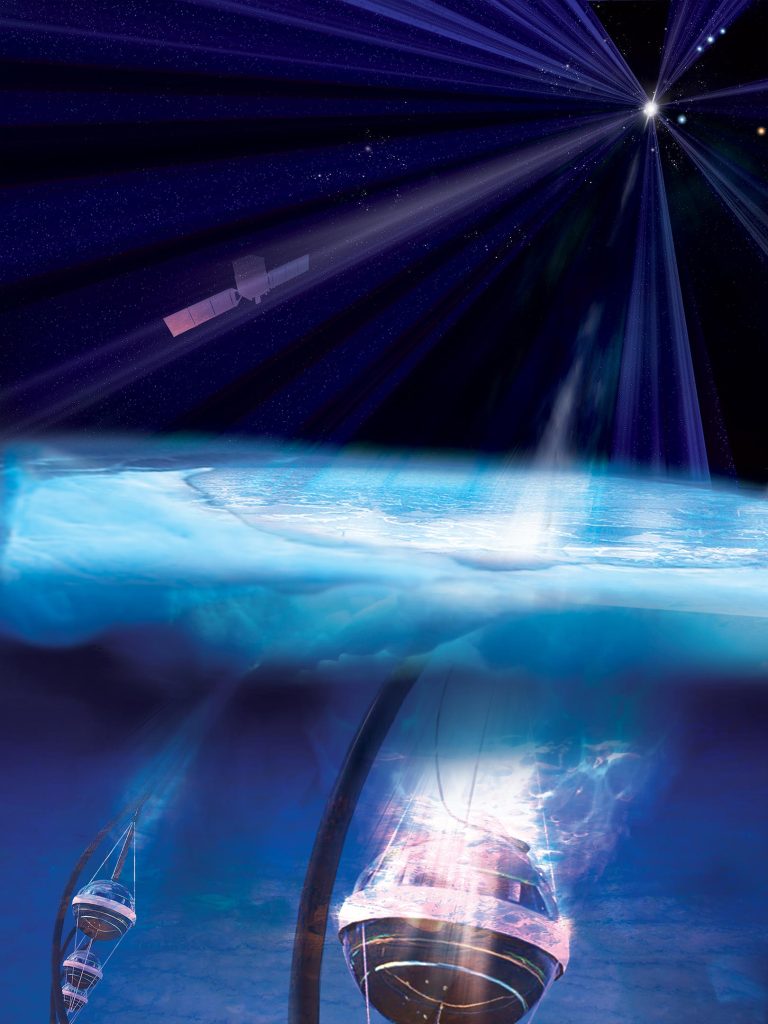
Illustration of The Fermi Gamma-ray Space Telescope. Credit: NASA/Fermi and Aurore Simonnet, Sonoma State University
“By combining data from IceCube and Fermi, we found preliminary evidence supporting quantum gravity models that predict this effect. This marks a significant milestone in the field of quantum gravity research since it is the first time that such a level of quantum gravity-supportive statistical evidence is found,” says corresponding author, Professor Giovanni Amelino-Camelia of the University of Naples on behalf of the team.
“While these findings are preliminary, they provide a strong foundation for further detailed investigations as we continue to gather data from our gamma-ray and neutrino telescopes. Even if future data were not to confirm this effect, our findings would still provide stringent limits on the parameters of relevant models, which would already represent a rare and notable step for quantum gravity research,” adds Amelino-Camelia.
Reference: “Could quantum gravity slow down neutrinos?” by Giovanni Amelino-Camelia, Maria Grazia Di Luca, Giulia Gubitosi, Giacomo Rosati and Giacomo D’Amico, 12 June 2023, Nature Astronomy.
DOI: 10.1038/s41550-023-01993-z

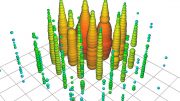
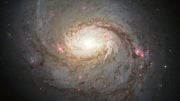
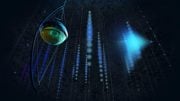
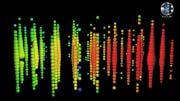
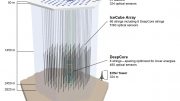
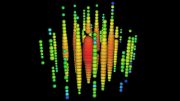
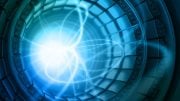
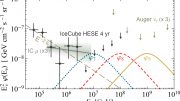
Be the first to comment on "Unveiling Quantum Gravity: New Results From IceCube Neutrino Observatory and Fermi Space Telescope"